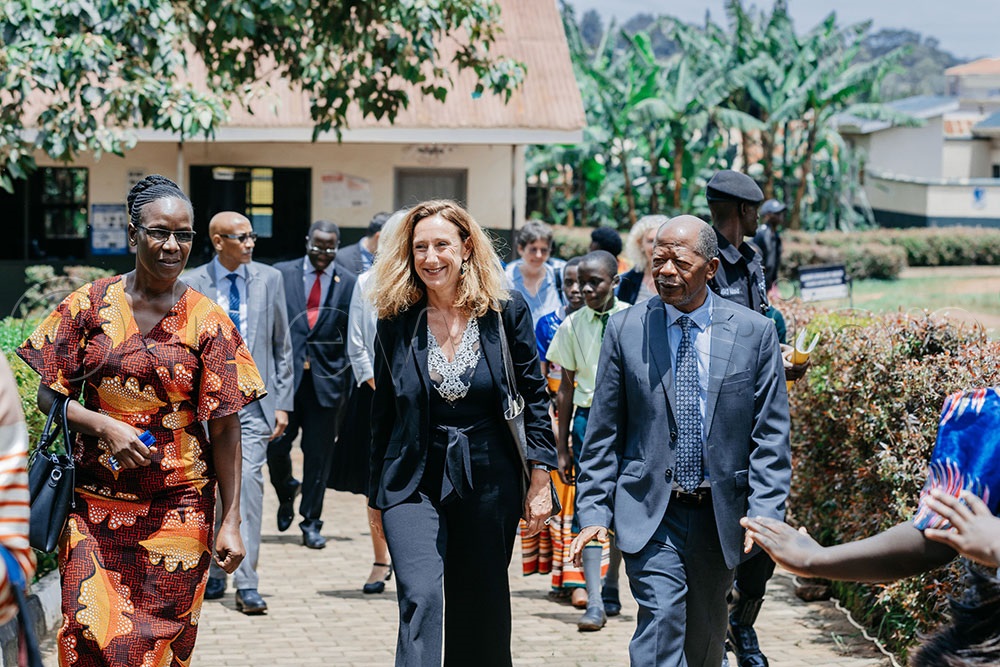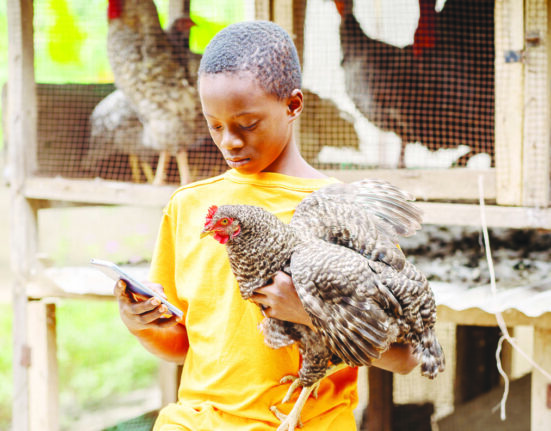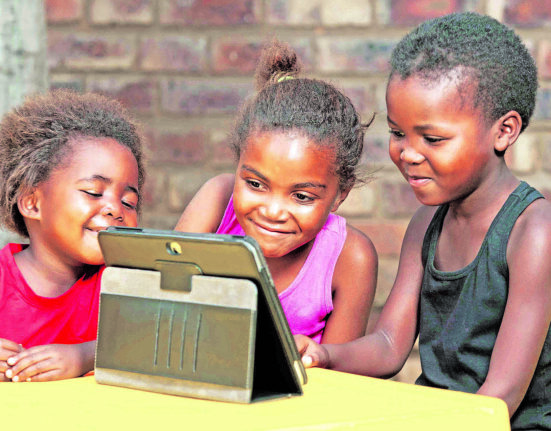By Prossy Nandudu
Adolescent girls who have been finding it difficult to stay in school are to benefit from the European Union (EU) funded Gender for Development Uganda (G4DU) programme, that was launched on Friday, at Katwe Primary School in Kampala.
According to Irene Namusuubo, the head teacher Katwe Primary School, adolescents drop out of school due to lack of scholastic materials, child labour, pregnancy, lack of sanitary ware, long distances to school in addition to lack of meals at home. Namusuubo added that such challenges do not favour children to stay in school longer.
Her comments were backed up by the Minister of State for Higher Education, Chrysestom Muyingo, who said that although Uganda has registered progress in promoting gender equality and empowerment of women and girls, the education sector still faces several barriers that continue to disadvantage girls and limit their rights to education.
He further explained that a study conducted in 2015 on linkages between pregnancy and school dropout in Uganda showed that teenage pregnancy was ranked second as one of the main drivers of girls dropping out of school at 22%, the first being financial constraints at 43%, and poor academic performance at 9%.
“Since the project aims at addressing some of the key determinants for adolescent girl’s education including financial barriers, wash facilities in schools, social norms, effective and gender-responsive learning, more girls will remain in school,” Muyingo said. The project worth Eur112m (sh461b), will address challenges that adolescent girls face in an attempt to stay and complete school.

According to Myriam Ferran, the deputy director general of the EU’s Directorate-General for International Partnerships G4DU, the programme will consider the specific challenges girls face, while contributing to improving the education system, while focusing on the transition from upper primary to lower secondary.
She said the action is essentially about girls and women, empowering them to protect them from violence so that they can realise their full potential and contribute fully to Uganda’s development.
“Recent reports of child abuse in homes and schools are worrying parents. Through G4DU, the EU is concretely demonstrating its support and commitment to protect children in Uganda,” Ferran said.
She added that the project builds on the EU-UN Spotlight initiative aimed at reducing sexual and Gender-Based Violence (GBV) and Sexual Reproductive Health at national and sub-national levels, including in and out of schools.
At the same event Dr Mohamed El Munir A. Safieldin, the UNICEF country representative said the support from the programme will improve girl’s education because every year, 2.2 million children voluntarily enrol in school, but many do not complete the seven years. In this, girls usually are the most disadvantaged compared to boys.
“Uganda has been fighting a number of obstacles that have been holding girls back. This project is very important, because it will continue to support Uganda, specifically the education and gender ministries, to address these obstacles that keep girls away from school,” she said.
Agrey Kibenge, the permanent secretary in the gender and labour ministry said they would coordinate the activities under the new project, while capitalising on the existing ones, such as the EU-UN funded Spotlight initiative and the campaign in the Ministry of Education and Sports that is addressing GBV and SRHR in Uganda aimed at eliminating violence against women and girls.









Leave feedback about this